Soy sauce is a sushi essential for most Americans and we don't often consider its exact origins whilst chowing down on that tuna roll.
The tasty sauce, which is made using koji from a mold culture called Aspergillus oryzae, and has been produced for thousands of years in the same Japanese town called Yuasa, Wakayama.
In a video directed by Mile Nagaoka, sushi-enthusiasts learn that Yuasa became the birthplace of soy sauce back in 1254, when a Buddhist monk returned from China with a recipe for vegetables-preserving miso. Soy sauce has four primary components: soy beans, wheat, salt, and water.
The fermentation process for soy sauce is enabled by the trusty culture koji, which also enhances the flavor of sake and miso. Indeed, this mold is so popular in Japanese culinary culture that it was given the title of "national fungus" by Dr. Eiji Ichishima of Tohoku University.
The mold used to ferment the soy sauce actually has a wealth of health benefits. Fermented foods are considered probiotics, which in some cases can aid digestion. Meanwhile, studies that have demonstrated that koji-rich foods like miso and soy sauce contain isoflavones that may help prevent cancer.
Here in the artisan tradition of making soy sauce, summarized in a few easy steps:
- Mix steamed soy beans and roasted wheat with the koji mold.
- Store mix for 4 days (the koji mold will break down the sugars in the grain for fermentation).
- Mix koji base with salt and water. Put it into a huge wooden barrel to ferment from 18 months to three and a half years.
- Mix mash regularly by hand, while natural yeast from the environment acts as a fermenting agent.
- After 18 months, or more, pour the fermented mash into cloth bags and press to extract the liquid.
- Heat in traditional iron pot over a fire of red pine logs for half a day and take off the scum by hand.
- The resulting soy sauce is bottled and shipped.
Just updated your iPhone? You'll find new emoji, enhanced security, podcast transcripts, Apple Cash virtual numbers, and other useful features. There are even new additions hidden within Safari. Find out what's new and changed on your iPhone with the iOS 17.4 update.
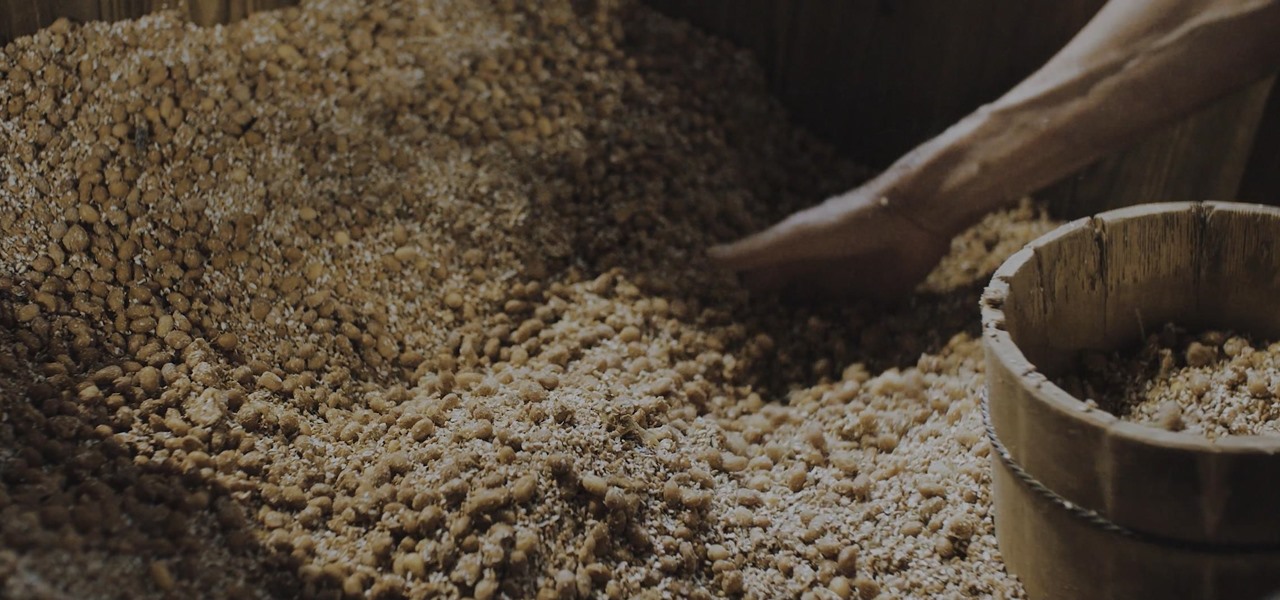



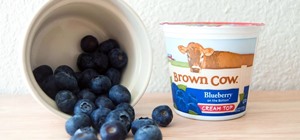






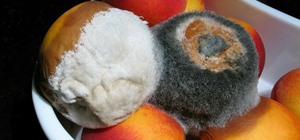






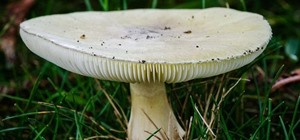






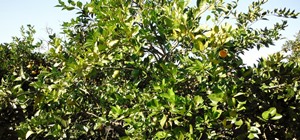

Be the First to Comment
Share Your Thoughts